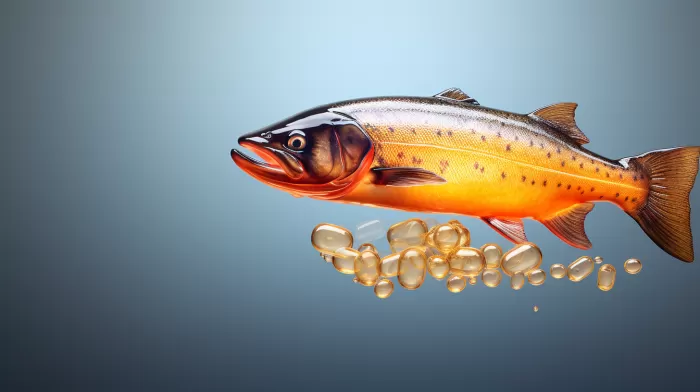The great debate surrounding fish oil and its connection with prostate cancer has been going on for quite some time. While most research sings praises for the numerous health benefits of fish oil, a 2013 study published by the Journal of the National Cancer Institute claimed that fish oil might increase the risk of prostate cancer. Researchers at Washington State University (WSU) decided to delve deeper into this controversy.
Lab Tests Provide Clarity
In their lab tests, WSU scientists found that omega-3 fatty acids in fish oil actually slowed the spread and growth of prostate cancer cells. This adds to other studies that have already demonstrated the ability of omega-3 fats to reduce inflammation and combat diabetes.
According to researcher Kathryn Meier, a WSU pharmacy professor, “We’re the first to show that they (omega-3s) work this way in cancer. The attention has mostly been on inflammation and diabetes, but there has always been an interest in cancer, and we were the first to show this mechanism in any cancer cell at all. And we’re using prostate cancer, which is the most controversial subject in omega-3s.”
The Role of Omega-3 Fats in Cancer Cells
The WSU researchers discovered that omega-3 fats connect with a cell receptor called free fatty acid receptor 4 (FFA4). This connection leads to the suppression of growth factor release and slows down the proliferation of cancer cells.
Meier explained, “This kind of knowledge could lead us to better treat or prevent cancer because now we know how it works.” However, she also mentioned that the exact amount of fish one needs to eat or the fish oil dosage needed to lower the risk of cancer remains uncertain.
Boosting Immunity and Fighting Cancer
Other tests have shown that fish oil can improve immunity, potentially aiding immune cells in carrying out their functions more efficiently—including the fight against cancer. Most experts recommend eating cold-water fatty fish, such as sardines, herring, and wild-caught Alaskan salmon, twice a week to get enough omega-3 fats from fish.
Krill Oil: A Convenient and Absorbable Alternative
Getting enough wild-caught fish to source sufficient omega-3 fatty acids can be both difficult and costly. A more convenient alternative is to supplement fish intake with some of the newer omega-3 formulas made from krill oil.
Krill oil is considered the most absorbable among marine-based oils for a couple of reasons. Firstly, krill store their omega-3s in a more digestible form than what is found in fish. Secondly, krill attach the omega-3s to a powerful antioxidant that can cross the blood-brain barrier, effectively delivering omega-3s throughout the body. Studies suggest that consuming 1-3 grams of krill oil per day can provide the most benefits.
The Verdict on Fish Oil and Prostate Cancer
The WSU study should help put many people’s minds at ease when it comes to the previous controversy about fish oil and its connection to prostate cancer. With their findings in hand, we now know that fish oil, as a source of omega-3 fat, can help slow the growth and spread of prostate cancer cells. Additionally, the benefits of fish and krill oil go beyond just cancer prevention; these sources of omega-3 fats can also boost immunity, alleviate inflammation, and assist in combating diabetes.
So, don’t hesitate to add more fish or fish oil supplements to your diet. They’re packed with benefits that your body will surely thank you for.



